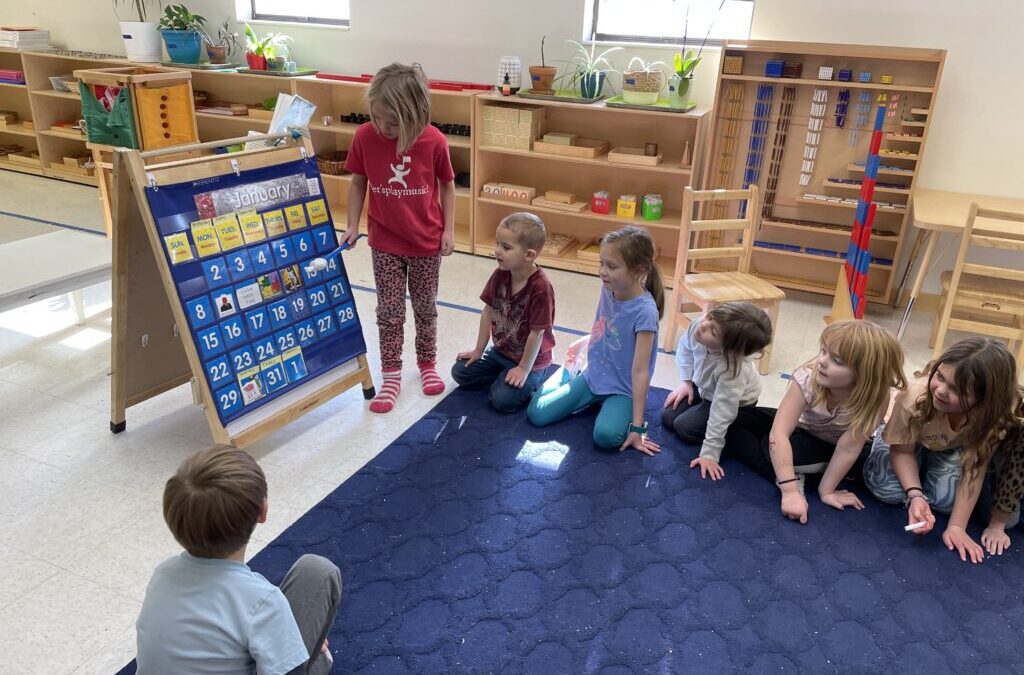Session 4, Week 5
Leadership training is a multibillion-dollar industry. Books, seminars, retreats and coaching, provide all of us adults opportunities to learn about and practice leading. At CHOICE our heroes are getting these opportunities every day starting at age 4!
In the Spark Studio the heroes are very comfortable with the daily routines and lead most of the day.
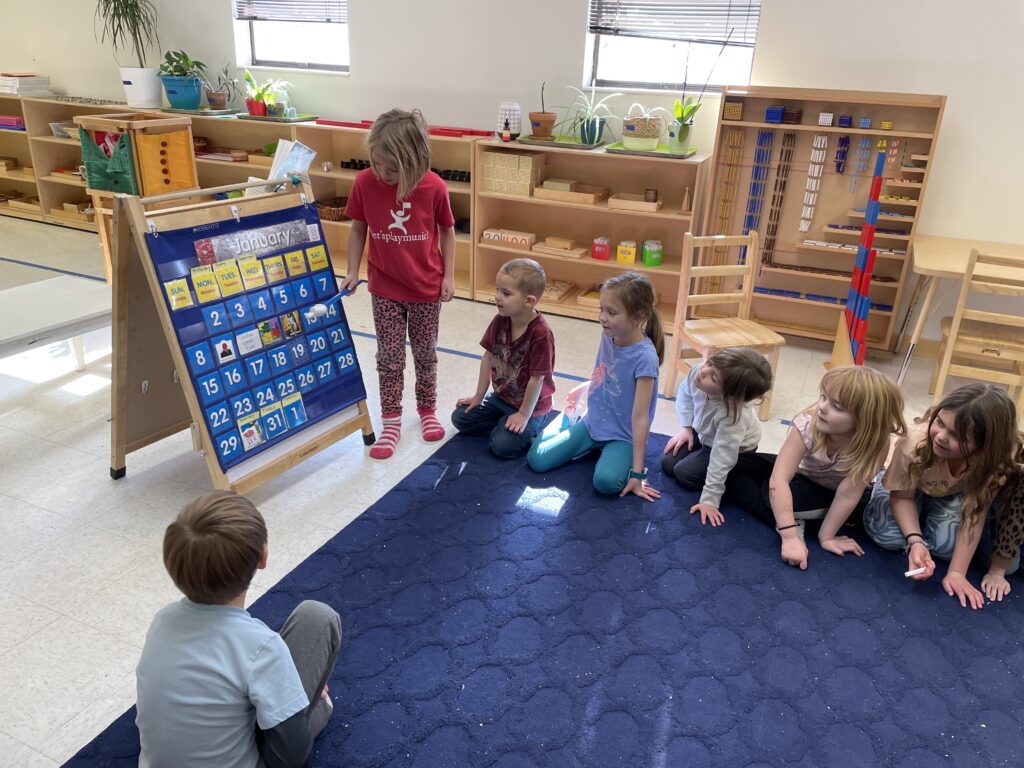
When it is time to transition to the next activity, it is the Spark hero leader-of-the-day initiates the movement.
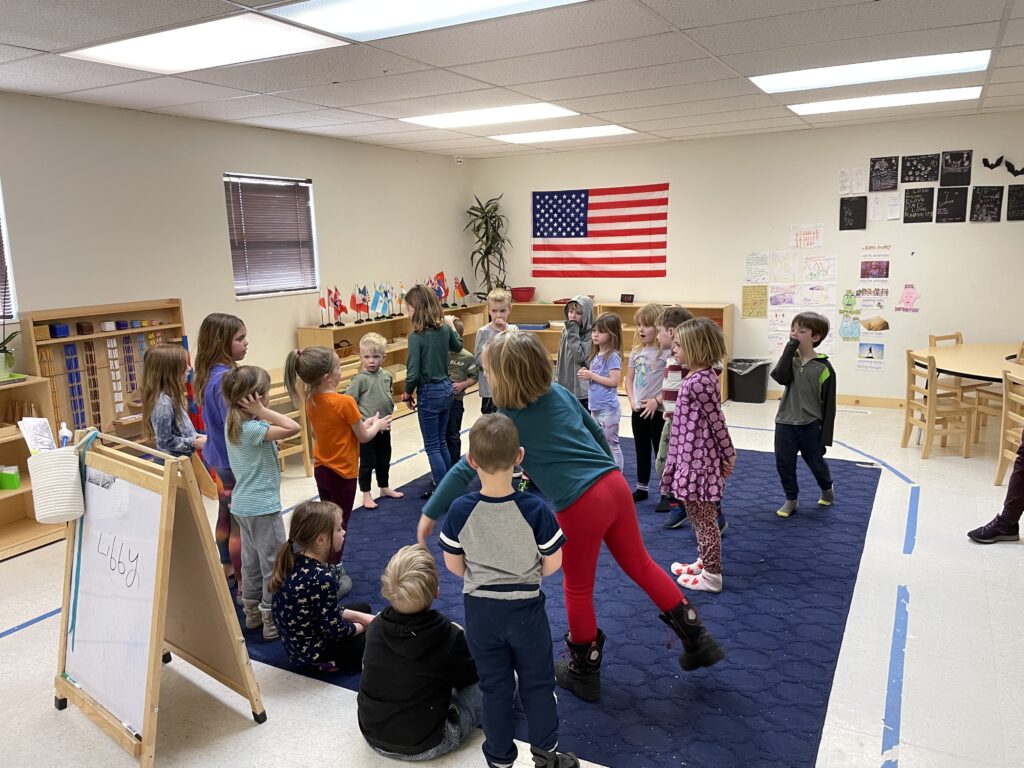
When it is time for lunch, the heroes get the tables ready, decide who will sit by who, and select the type of music the “restaurant” will be playing that day.
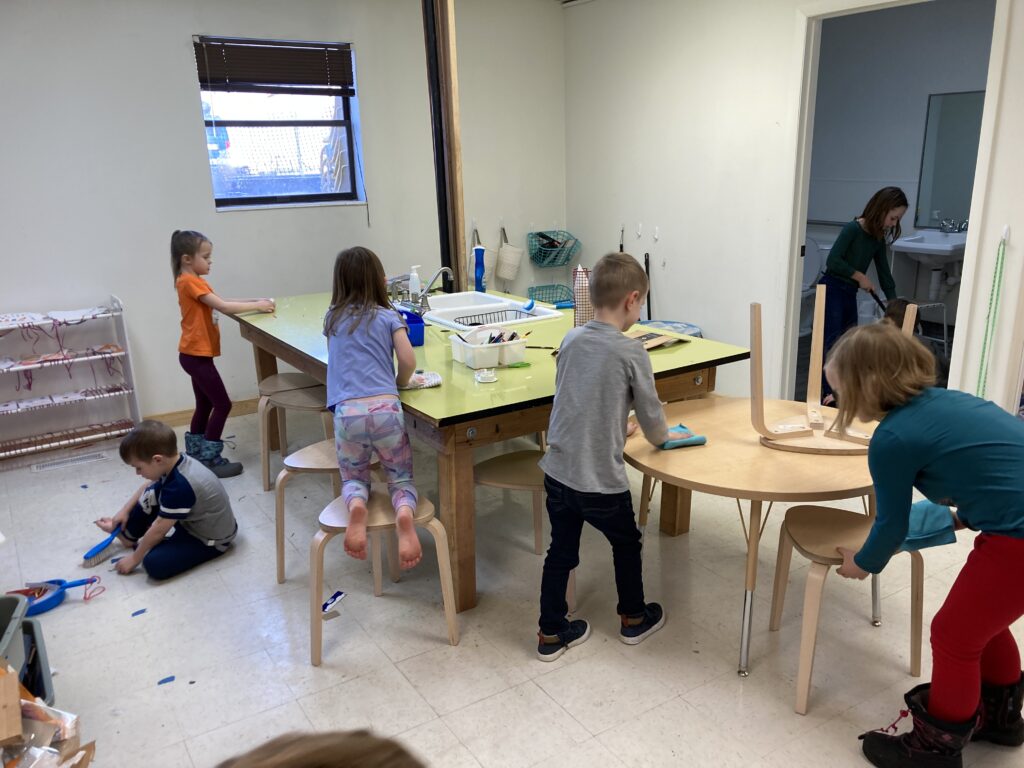
When it is Storytime, it is the heroes that come ready to read the studio a story.

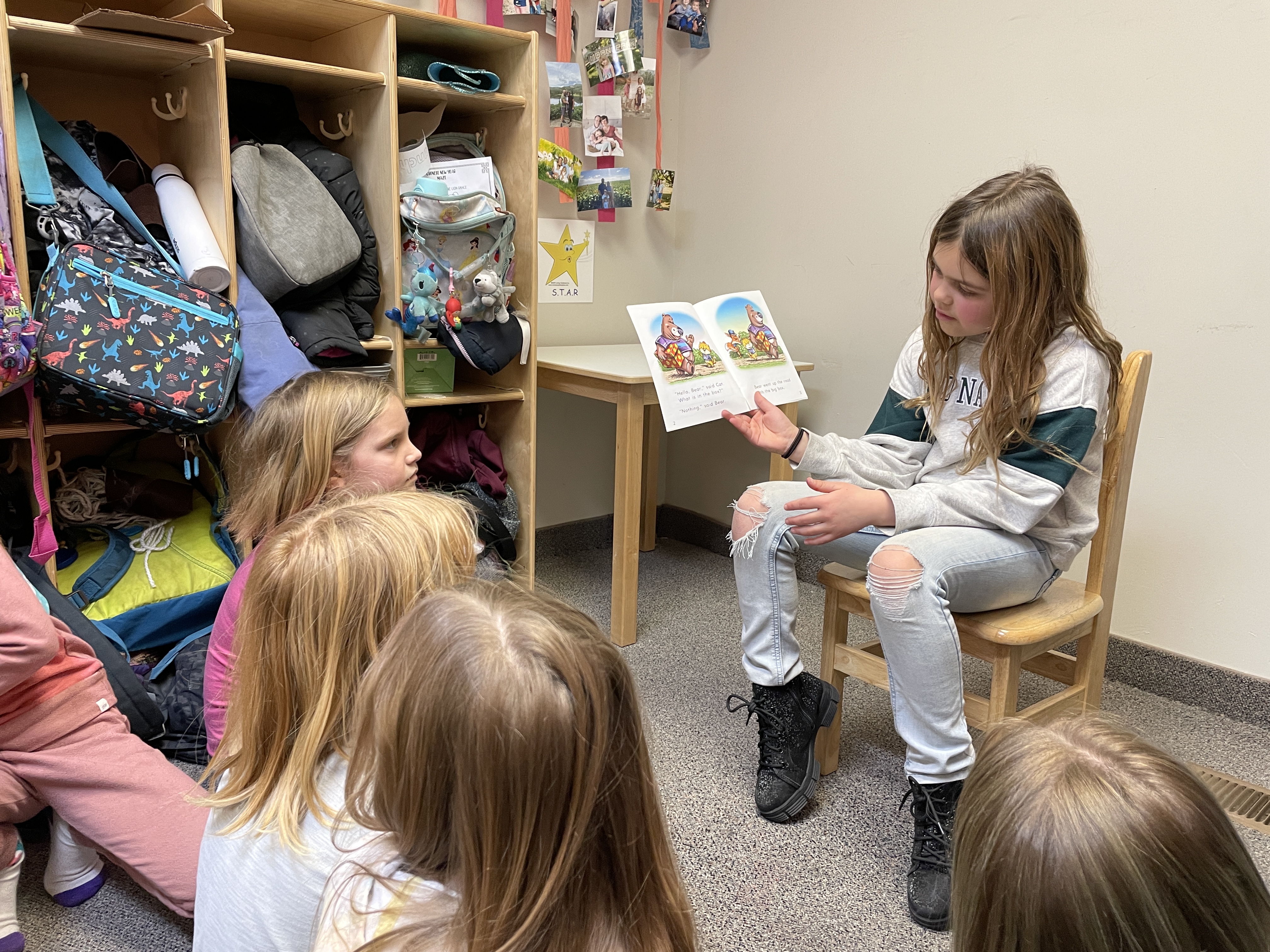
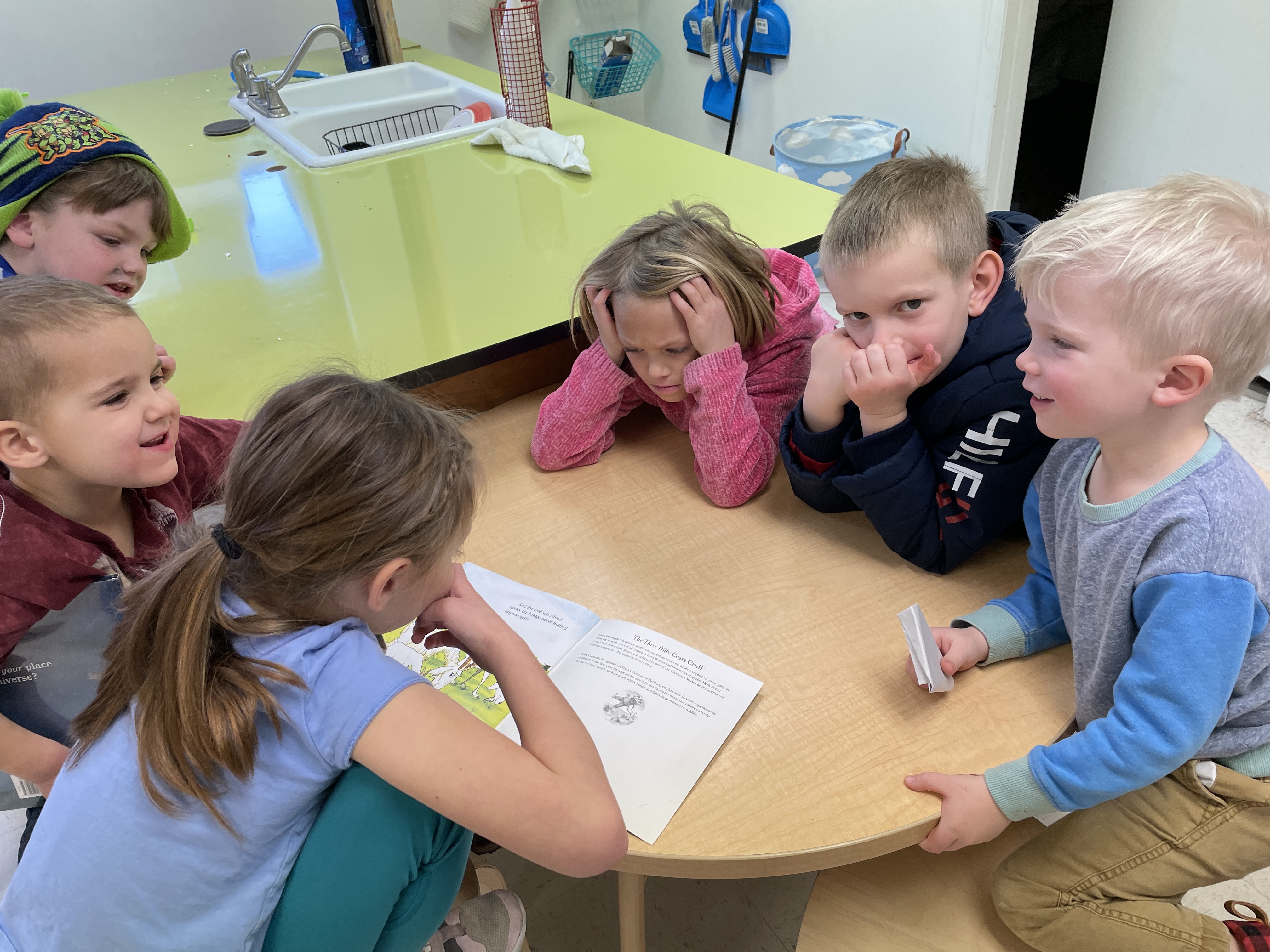
Whenever a problem arises, we bring it up to the studio to discuss. These discussions range from “Is it okay to save spots in line?” to “How can we do better at keeping our studio clean?”, to “What do you do when you feel angry?” Through discussion, each hero is able to brainstorm solutions. After many opinions are shared, a vote takes place. The heroes arrive at a solution on their own, having been able to express their opinions on the matter. This whole process happens with very little (or sometimes no) adult input.
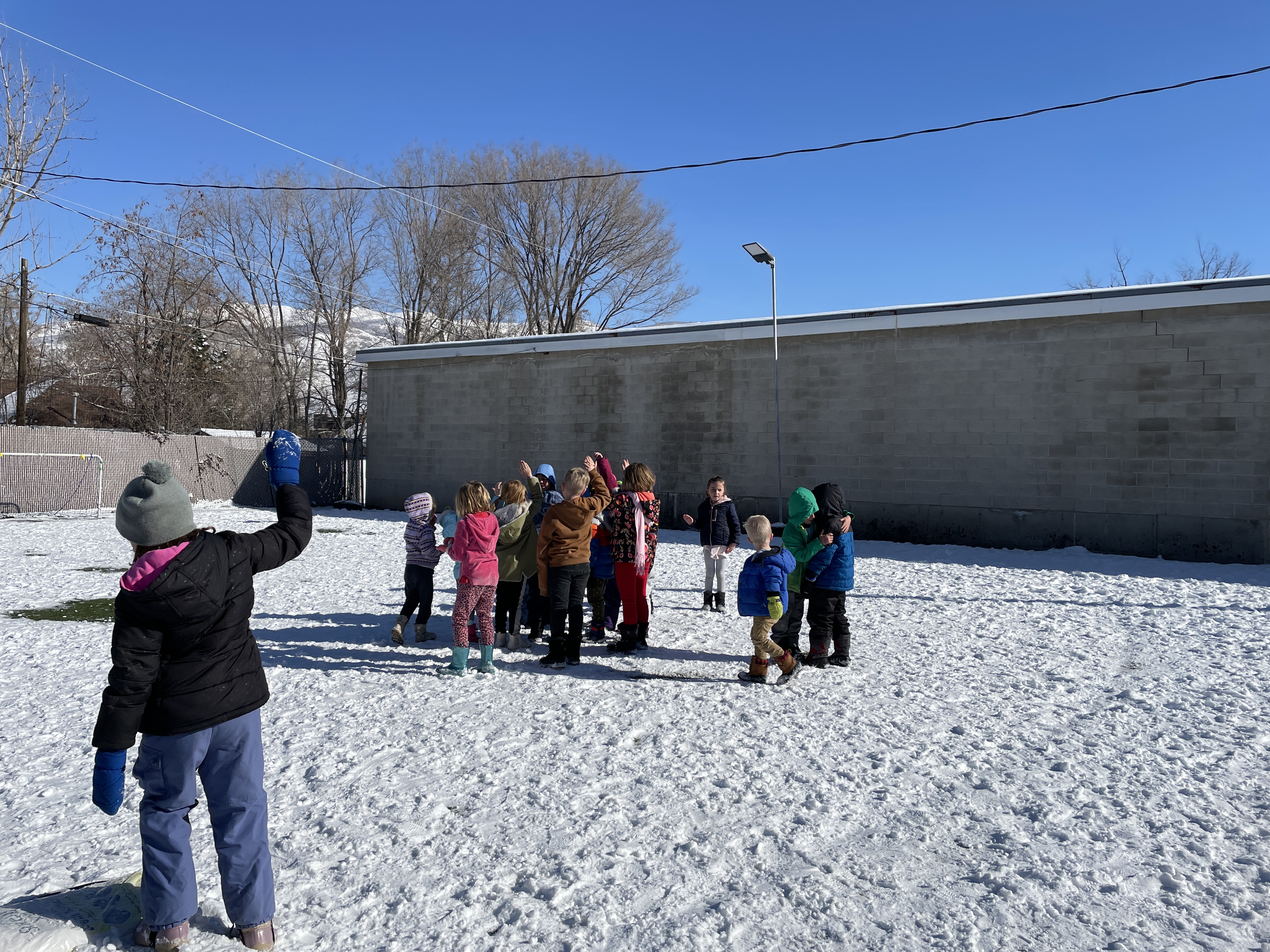
Mentorship is another form of leadership that abounds in the Spark Studio. It’s easy to spot mentorship when you see a fire studio hero helping a spark studio hero read, but right behind them is the same type of mentorship happening with two spark heroes.
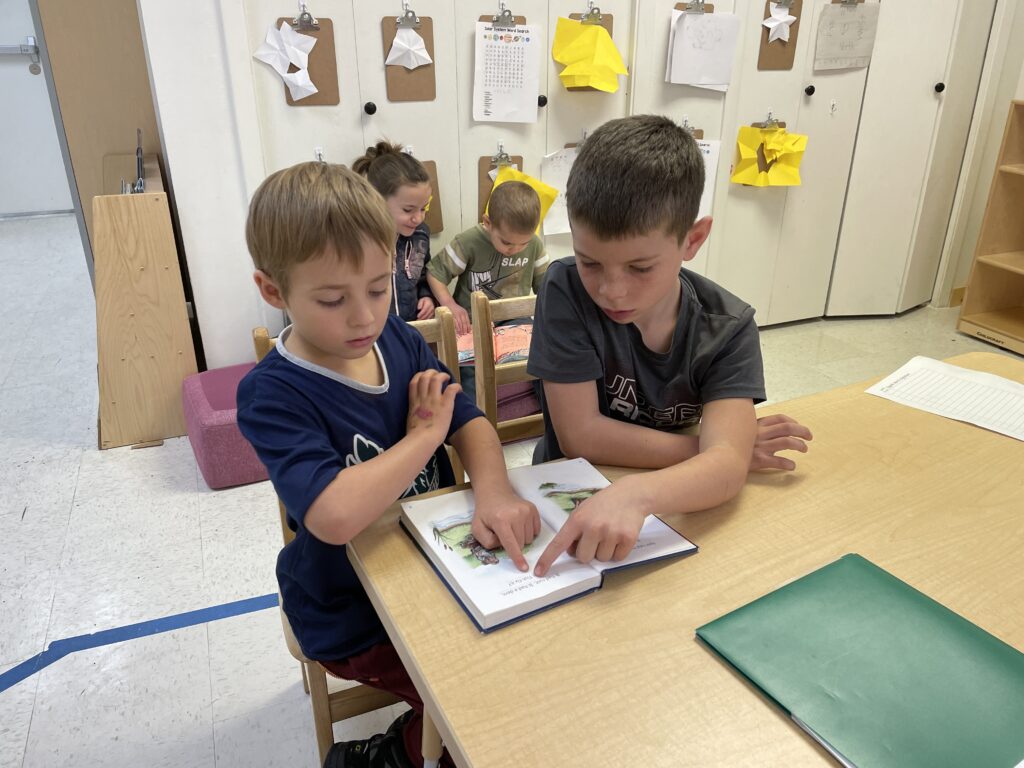
When two heroes are working together, scaffolding naturally occurs. One introduces ideas just outside of what the other has tried, and the role of teacher and student often switches back and forth.
Sometimes a leader gives specific instructions, and sometimes heroes are capable of doing things on their own and a leader is just confirming the job was well done.
And sometimes leading is done by example and one hero’s focus prolongs the focus of another.
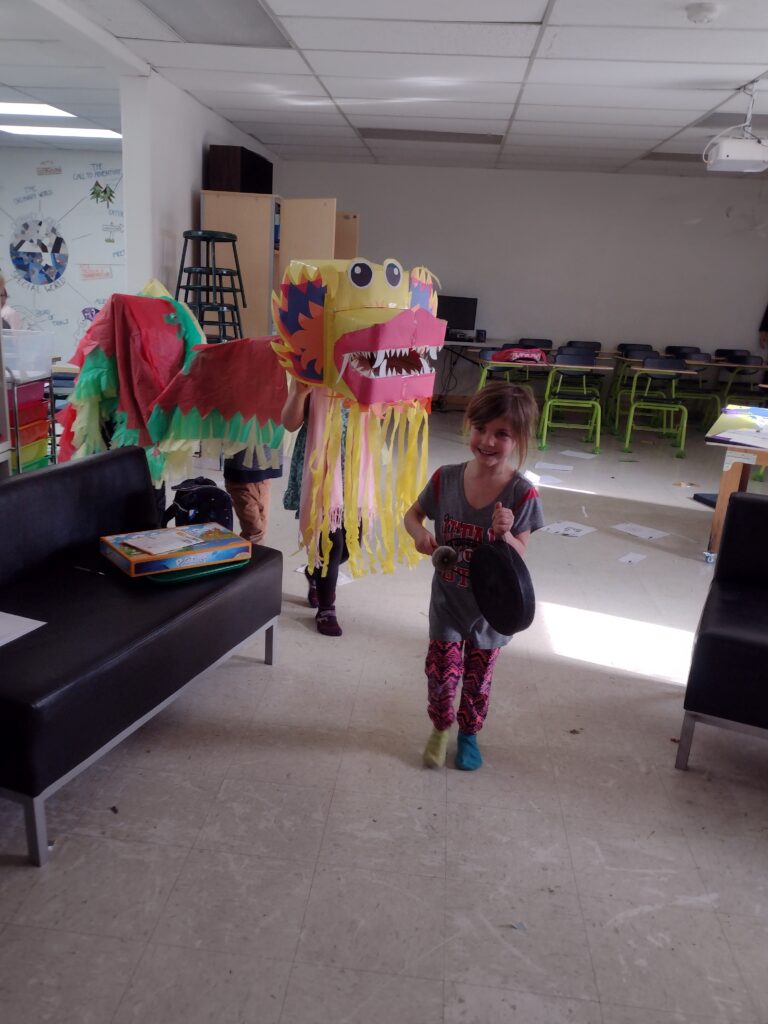
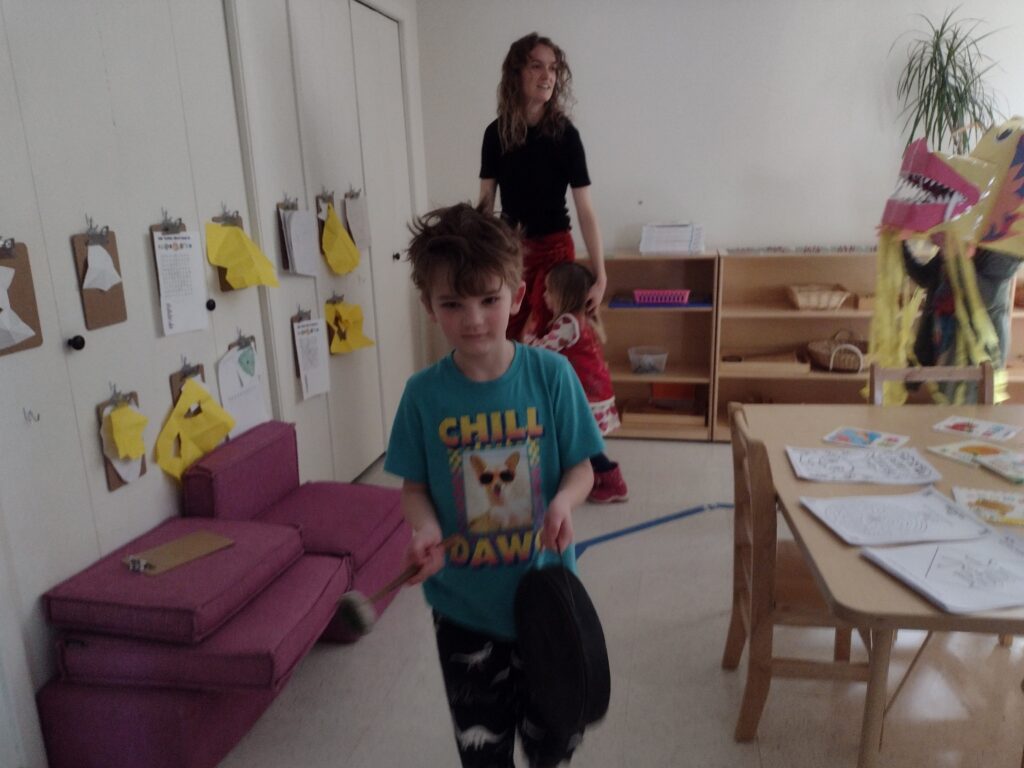
In the Fire Studio leadership opportunities are everywhere! Some leaders’ roles are obvious, such as Council, Squad Leaders, and Exhibition Committee. These heroes volunteer time from lunches to meet, and focus energy on their delegated tasks throughout each session. As governing bodies, they lead discussions, solve problems, and help all the systems run smoothly. Other leaders’ roles are less obvious, but also vital to the culture of their studio. Some leaders step quietly into mentorship roles with other members of the Fire Studio and even Spark Studio. Some leaders orchestrate 4+ player chess matches or lunchtime soccer games.
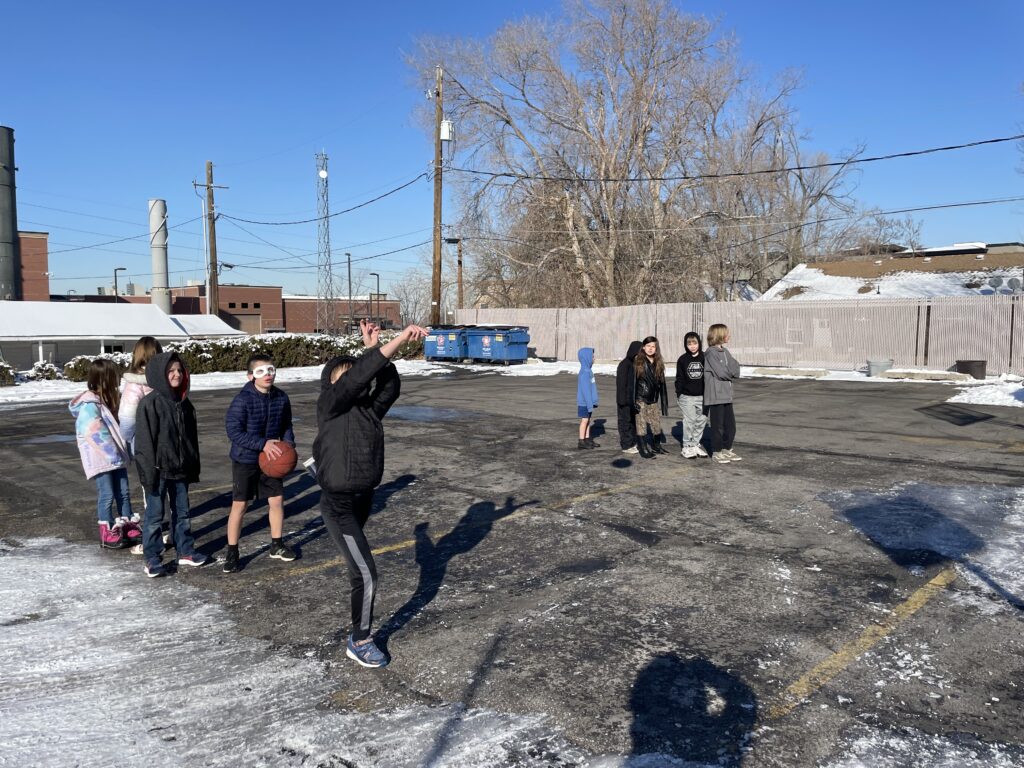
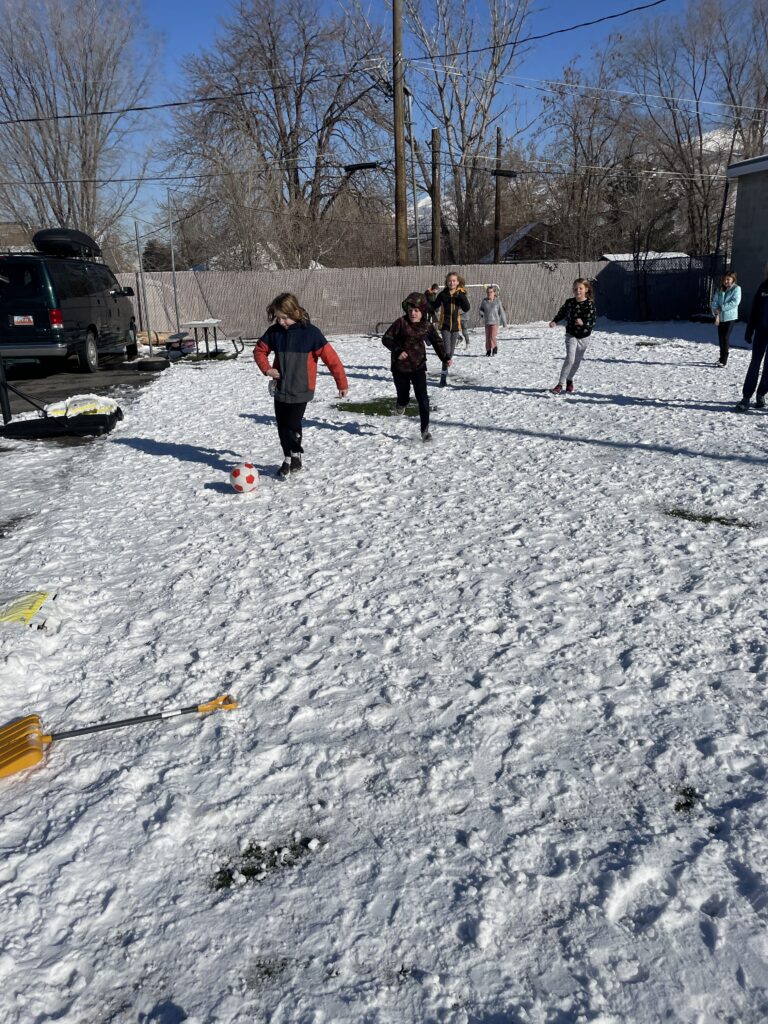
Some leaders set the tone of Core Skills as they move into a focused, flow state of learning.
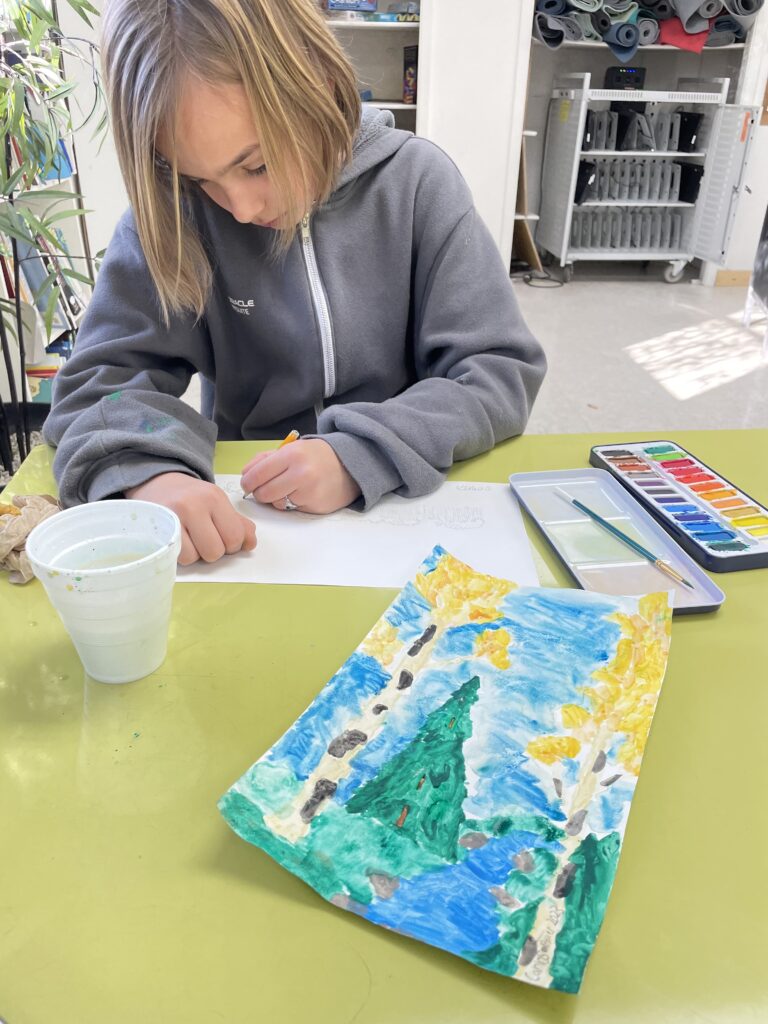
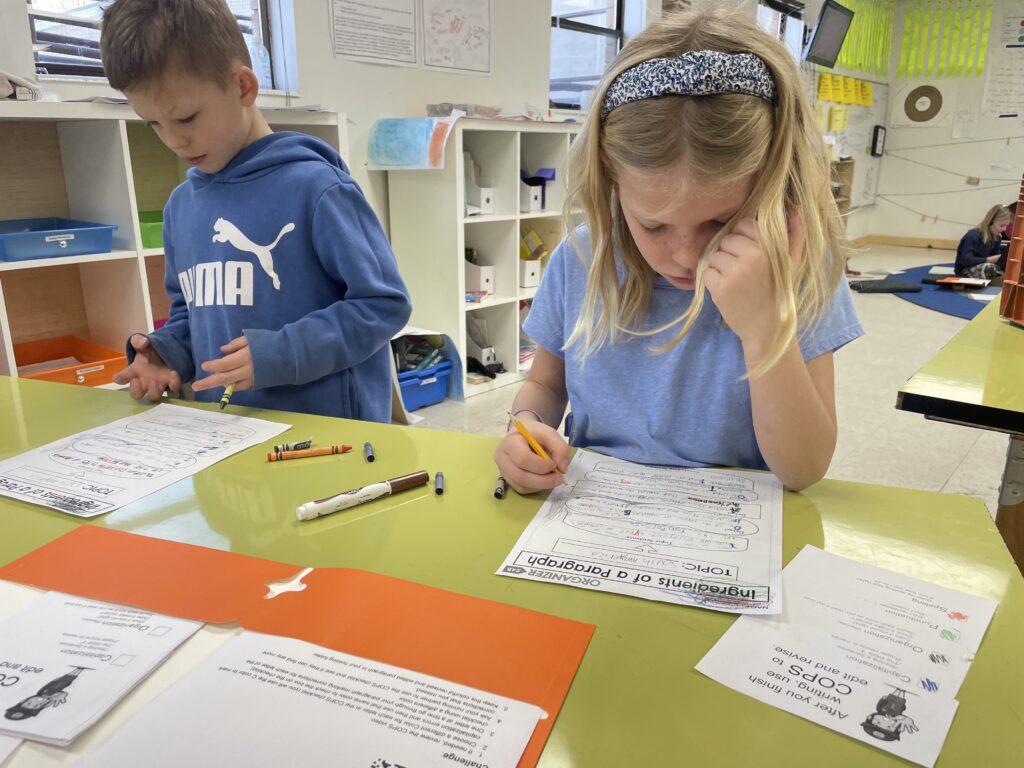
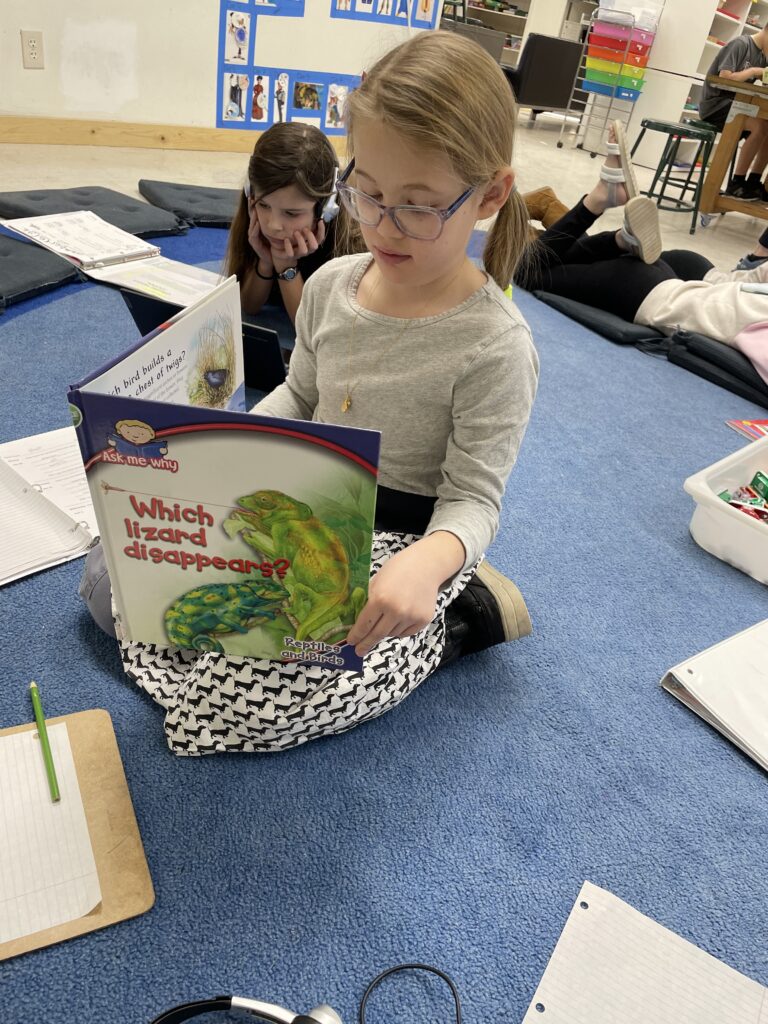
Leadership styles are as varied as the personalities in the Fire Studio, and every one of them contributes something valuable to the tribe. Many hero leaders worked together this week to begin a process of holding themselves more accountable to the Rules of Engagement they created for Socratic Discussions – they came up with surprising and effective solutions!
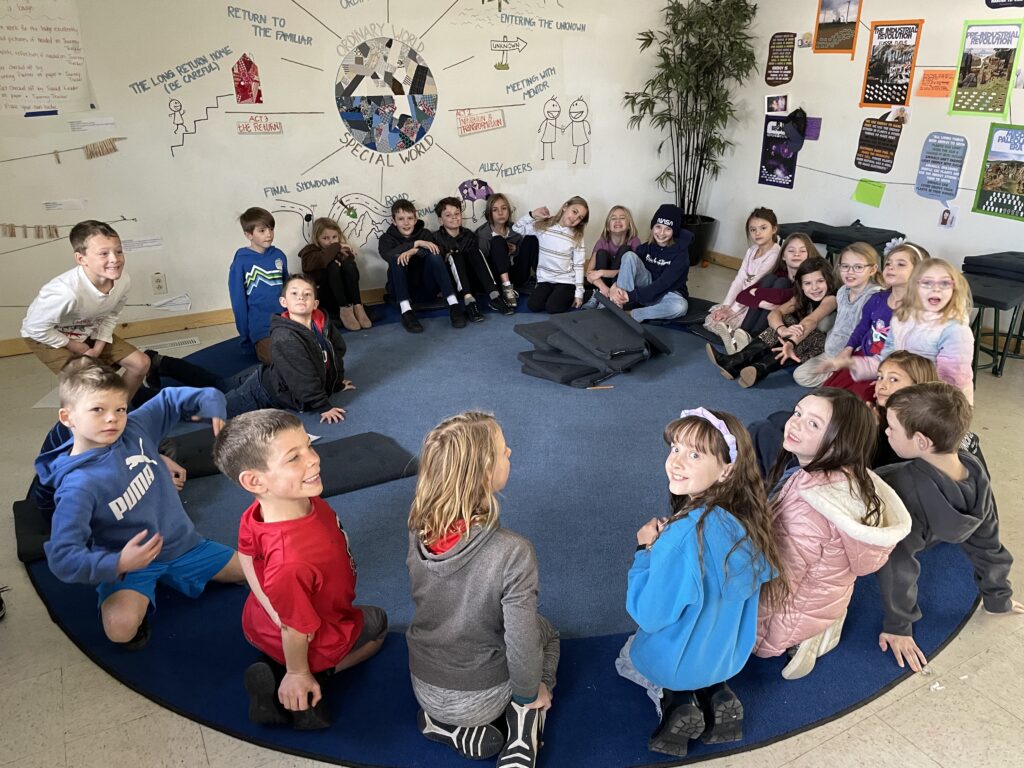
During Quest we continued exploring the different kinds of renewable energy we researched last week through experiments. Some of the experiments were group challenges, and others were individual. Heroes were able to choose which experiments they wanted to participate in and thus self-selected their own groups. It’s always fun to observe heroes rise up to lead their groups.
We also had a guest speaker come in to talk about energy efficient building design, which led us right into energy conservation! Our squad challenge on Wednesday was a reader’s theater about many different ways we can conserve energy. The squads were so excited to make their time on stage creative and fun. However, sometimes watching someone else’s creation can feel boring, and the studio became more and more active, and more and more loud. This gave some heroes the opportunity to lead other’s attention back to the stage, when it wasn’t the popular thing to do.
In the Middle School there are many “scheduled” opportunities to lead to a group: daily grit and meditation with the Fire Studio, weekly Music Theater with the Fire Studio, fundraiser/talent show with the Fire Studio, and weekly Jolliness and Deep Book launches with the Middle School to name a few. One hero was very nervous to lead her first Deep Book launch this week. After doing so she said with a big smile on her face “It wasn’t near as bad as I thought it would be!”
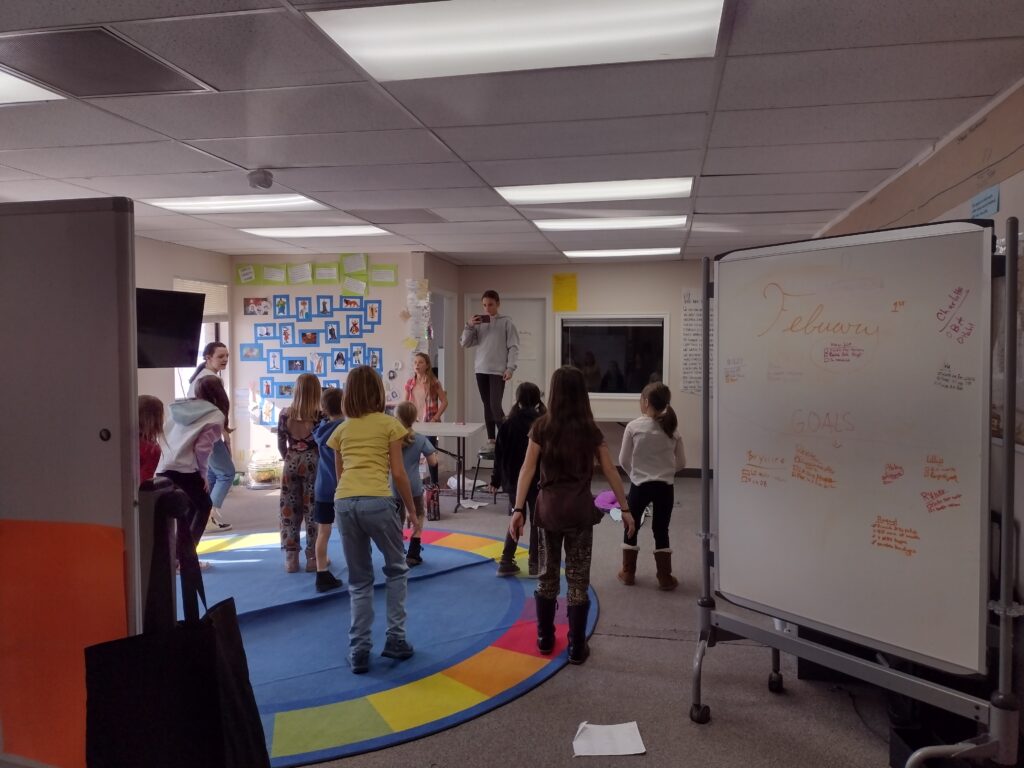
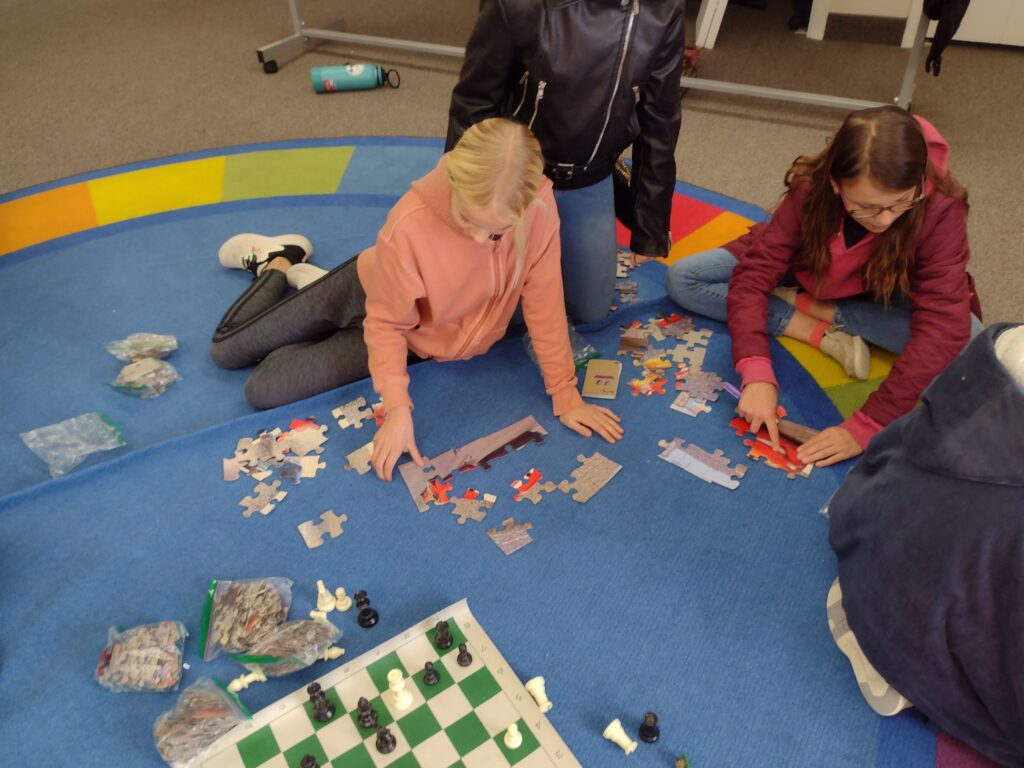
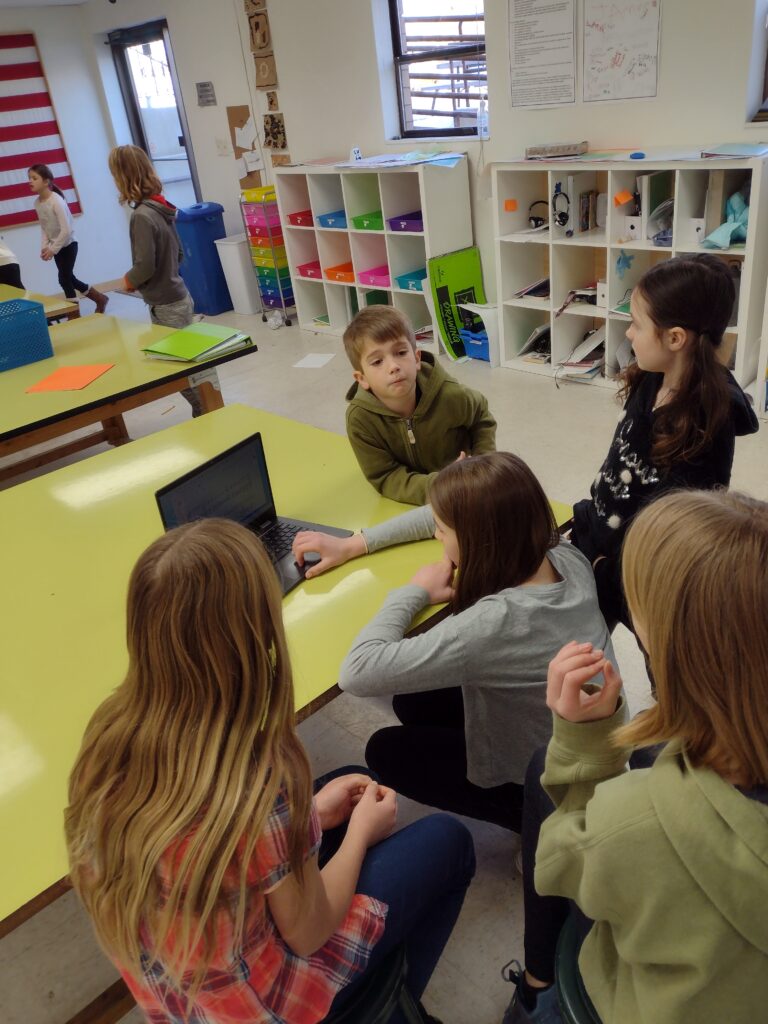
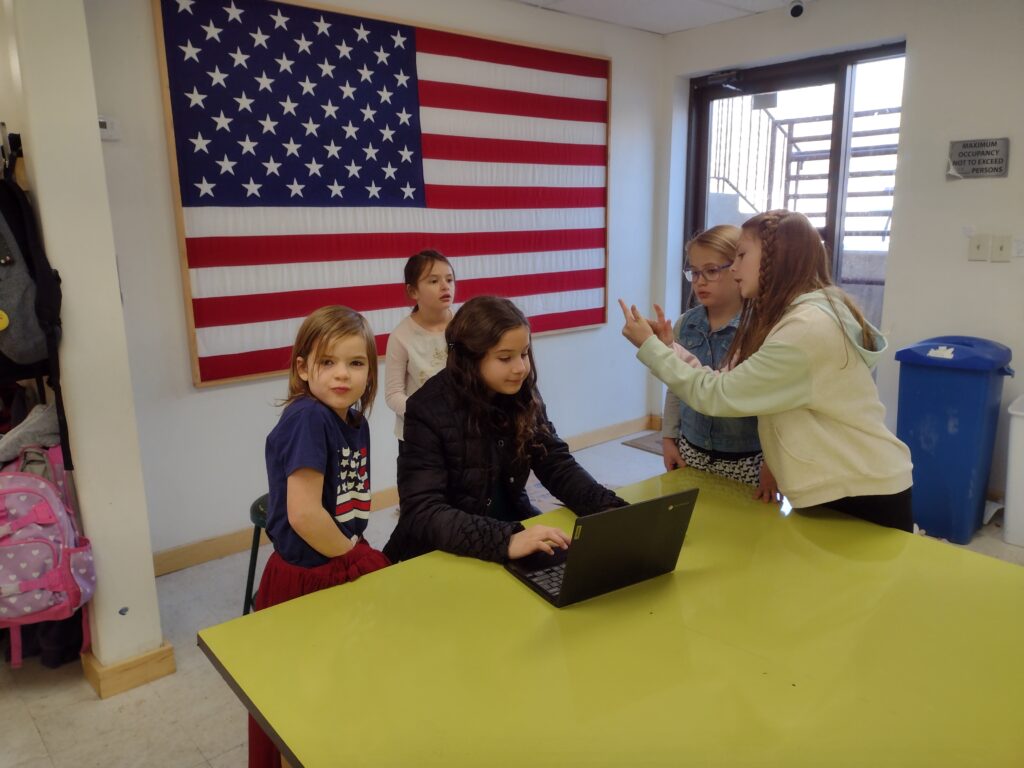
Another very important and effective type of leadership we observe in the Middle School is generally quiet and unassuming. It’s ignoring another hero’s distracting behavior. It’s choosing focus and productive time-use when there are other options. It’s diligently cleaning up after oneself. It’s including Fire Studio heroes in lunchtime games. It’s holding other heroes to the standards that all heroes have agreed on, in a firm but kind way. It’s leading by example.
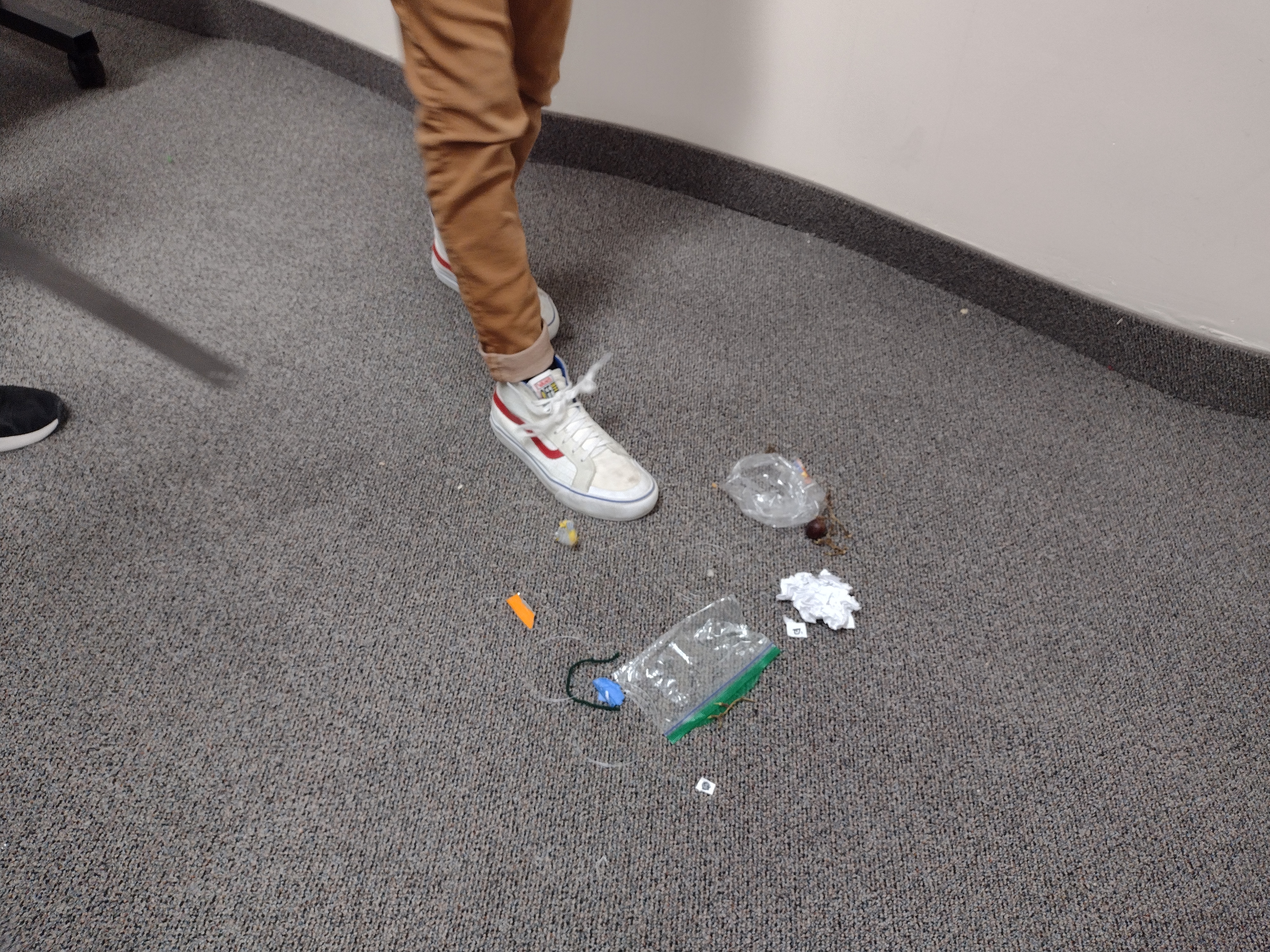
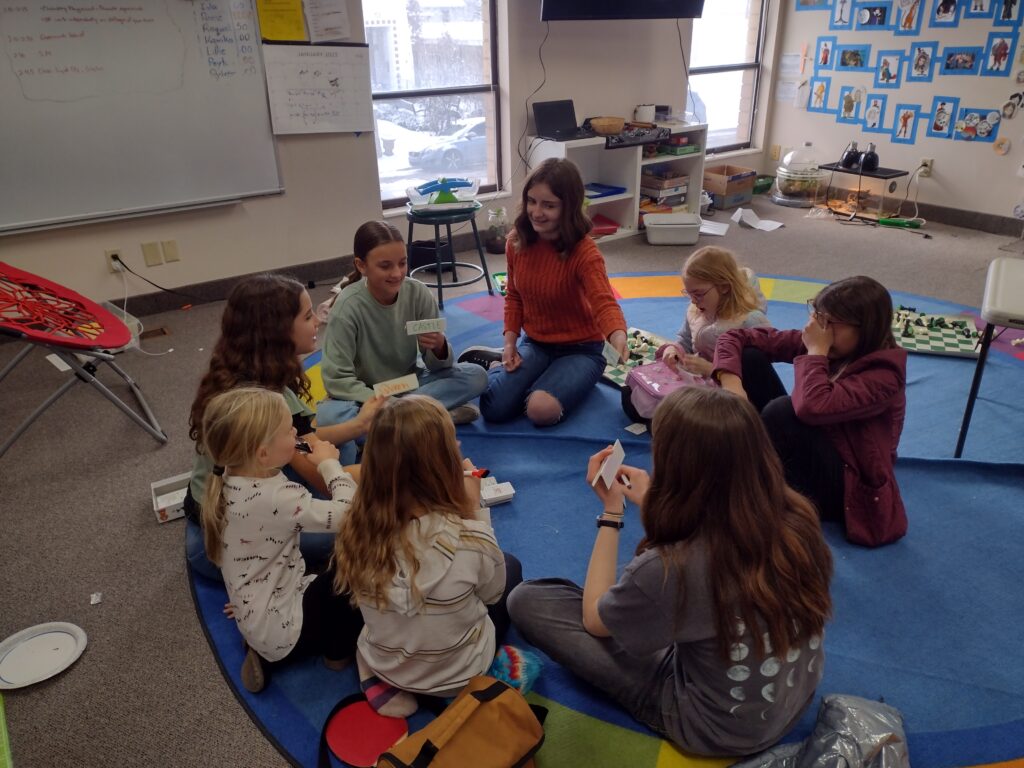
There were lots of examples of heroes leading out in curiosity and discovery this week as they participated in several experiments. Some overheard comments were:
- “The radioactive capsule has been found!” (the day after we had had a launch on a news story about a missing radioactive capsule in Australia)
- (a hero exploring the properties of a mystery blue powder discovered its insolubility in water)– “This would be the perfect substance to use in making a waterproof suit–for an ant!”
- “There weren’t any tutorials that taught that on the list you gave us, but we searched and searched and found our own” (trying to get rid of shaking in their Stop Motion film)
- “Can you make more challenges where you learn science by doing dance?”
Just like adults, heroes are continually refining their leadership styles. Questions such as: How does one lead without being bossy? When is one or two heroes not enough to lead and you need to “rally the troops?” How do you “rally the troops?” What if no one is following your example and you know it is a really good example? What happens when leaders get tired? are the questions heroes are asking and answering daily – usually without even knowing it. I can think of no better training for our “leaders of tomorrow” than actually letting them lead today!

